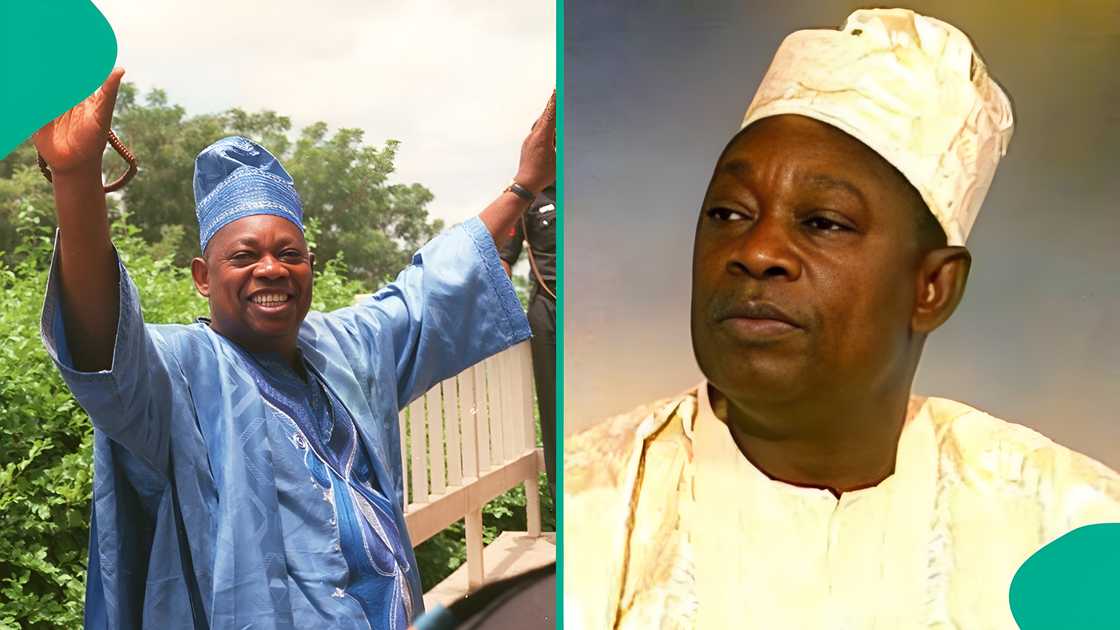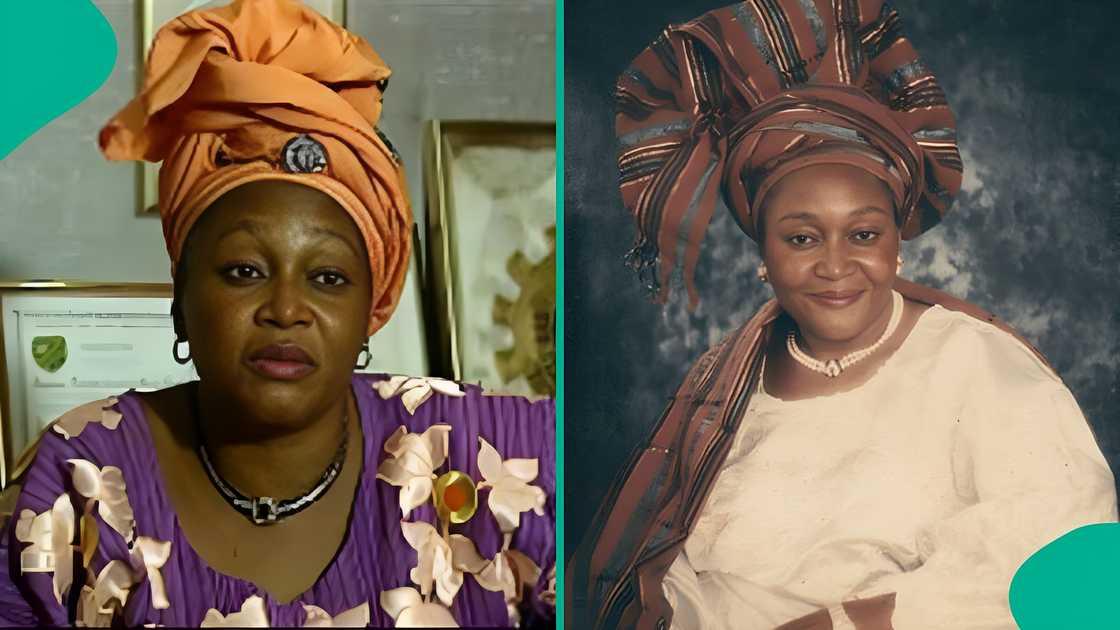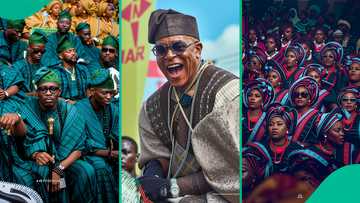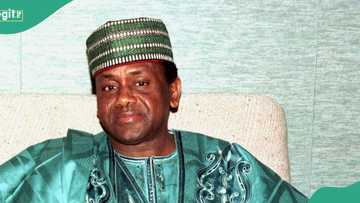Of June 12 and Abiola’s Heroism, by Folorunso Fatai Adisa
Editor’s note: In this piece, Folorunso Fatai Adisa revisits the story of Moshood Abiola, casting June 12 as more than a date, an enduring symbol of sacrifice, democratic resistance, and a nation’s struggle to match memory with meaning.
“The man dies in all who keep silent in the face of tyranny.” — Wole Soyinka
He stood when many chose silence. He spoke when fear chained other voices. And he died, not merely a man, but a movement, a mandate denied, a destiny unfulfilled.

Source: Twitter
His name? Moshood Kashimawo Olawale Abiola. The president who never ruled. Abiola’s life was not a tale of wealth but of will. In a private conversation, as recalled by his son Jamiu, he once confessed:
“My wealth is decreasing because my charities are increasing… My presidency will not eliminate poverty, but it will reduce it. That is why I must run.”
These were not the words of a power-hungry capitalist. They were the plea of a man who saw governance not as conquest, but as duty, a call to serve the least, not rule over all. He gave boundlessly. Universities bore his name, liberation struggles bore his support, and both mosque and church bore his favour. When he coined “Farewell to Poverty,” he was, unknowingly, penning the preface to his own martyrdom.

Read also
“Will they listen?” D’banj issues warning to P-Square, names those who can help end their fight
His campaign, Hope '93, promised dignity. But hope, in Nigeria, often dies not for lack of merit, but for fear of change. June 12, 1993, remains a golden scar in Nigeria’s democratic history. A day when ballots triumphed over bullets, briefly. Abiola won, even in the stronghold of his opponent, Bashir Tofa. But the joy was short-lived.
General Ibrahim Babangida annulled the election. The reasons were foggy, whispers of malpractice, murky security reports, and untraceable threats. What followed was chaos. Streets burned with protest. Voices were arrested. Hope was detained.
Though Babangida was forced to step down, his legacy lingered in the toothless interim government of Ernest Shonekan. And then came General Sani Abacha; uniformed, ambitious, and unbothered by consensus. It was not an accident; it was a hijack.
In the face of that betrayal, Abiola stood firm. On June 11, 1994, in a Lagos hotel room, he proclaimed himself president. His declaration, titled "Enough is Enough," sealed his fate. He was arrested. He never returned. Nigeria did not just lose a man. It lost a moment. A chance to prove that ballots could conquer bayonets.

Source: Twitter
Kudirat Abiola, his wife, took up the fight. Unbroken, unshaken, she marched where others trembled. She paid the price with her blood. And her children became orphans, not just of parents, but of justice.
But it wasn’t only dictatorship that killed Abiola. It was betrayal. Ethnic silence. Political cowardice. The same military class he once funded turned on him. The same Nigeria he tried to serve let him die in chains. Here lies the deeper tragedy: Nigeria’s wounds are not just from stolen mandates, but from stolen minds. We have allowed tribalism and religion to divide where unity could have healed. Our young people inherit suspicion. Our elites thrive on forgetfulness. We remember anniversaries, not lessons.
Even so, Abiola’s legacy endures. He was more than a businessman. He was a bibliophile. A patron of ideas. A friend to knowledge. A man of faith and fairness. In his fall, he rose as a symbol of what this nation could have been.
In 2018, President Muhammadu Buhari declared June 12 Nigeria’s official Democracy Day. A symbolic gesture. Late, but necessary. It acknowledged that history cannot be rewritten, but it must be rightly remembered.
Still, gestures are not justice. The real honour to MKO is not plaques or parades. It is the people who refuse to forget. It is a nation that insists elections must count. That power must serve. That democracy must mean more than just voting; it must mean voice.
Therefore, let June 12 not become another hollow ritual. We need to understand that silence is betrayal. That heroism is not in winning, but in standing, even when the cost is life itself. And let today’s politicians ask: Would they die for Nigeria the way Abiola did? Would you?
Moshood Kashimawo Olawale Abiola was the president who never ruled, yet whose idea of Nigeria still rules the hearts of those who remember.
Folorunso Fatai Adisa is a writer, communication specialist. He holds a Master’s degree in Media and Communication from the University of Strathclyde, Glasgow. He writes from Nigeria and the UK.
Disclaimer: The views and opinions expressed here are those of the author and do not necessarily reflect the official policy or position of Legit.ng.
Source: Legit.ng




